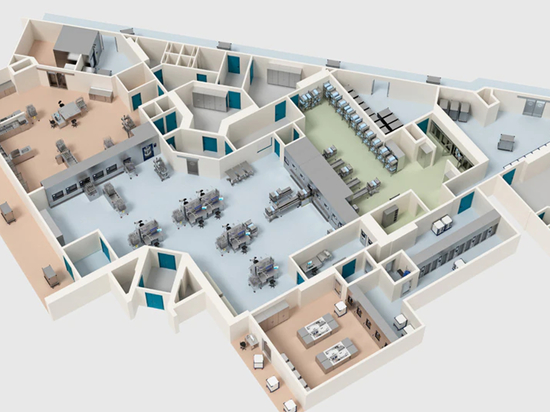
#Industry News
The Importance of Air Treatment in IVF
Addressing Fine Particles and Pollutants/VOCs
Recent research highlights a critical factor that can significantly impact the success rates of in vitro fertilization (IVF): air pollution.
Exposure to fine particles and pollutants, including volatile organic compounds (VOCs), can reduce the chances of successful IVF procedures.
A study conducted on nearly 3,700 frozen embryo transfers from around 1,800 patients, with a median age of 34.5 years at the time of egg retrieval and 36.1 years at the time of embryo transfer, reveals that exposure to high levels of air pollution can significantly reduce the likelihood of successful IVF. Specifically, exposure to fine particles PM10 in the two weeks preceding egg retrieval was found to decrease the chances of a live birth by 38%.
This makes air quality management in IVF clinics not just beneficial but essential.
To address this issue, we offer innovative static and mobile solutions designed to filter out fine particles and harmful pollutants such as VOCs, ensuring an optimal environment for IVF procedures:
• Static solutions: The Clinicair1B is an ultra-compact air handling unit that can be installed directly in the room. It allows precise control of temperature, humidity, but also particles and VOCs thanks to its HEPA 14 and activated carbon filter.
• Mobile solutions: The Dopair range is an excellent option for IVF clinics. This mobile equipment effectively controls particles and VOCs in a room with its HEPA 14 and activated carbon filter requiring minimal installation. This plug-and-play system is quick to implement and becomes operational immediately.
By implementing these air treatment solutions, IVF clinics can enhance their success rates, providing better outcomes for patients and helping to mitigate the adverse effects of air pollution on reproductive health.







